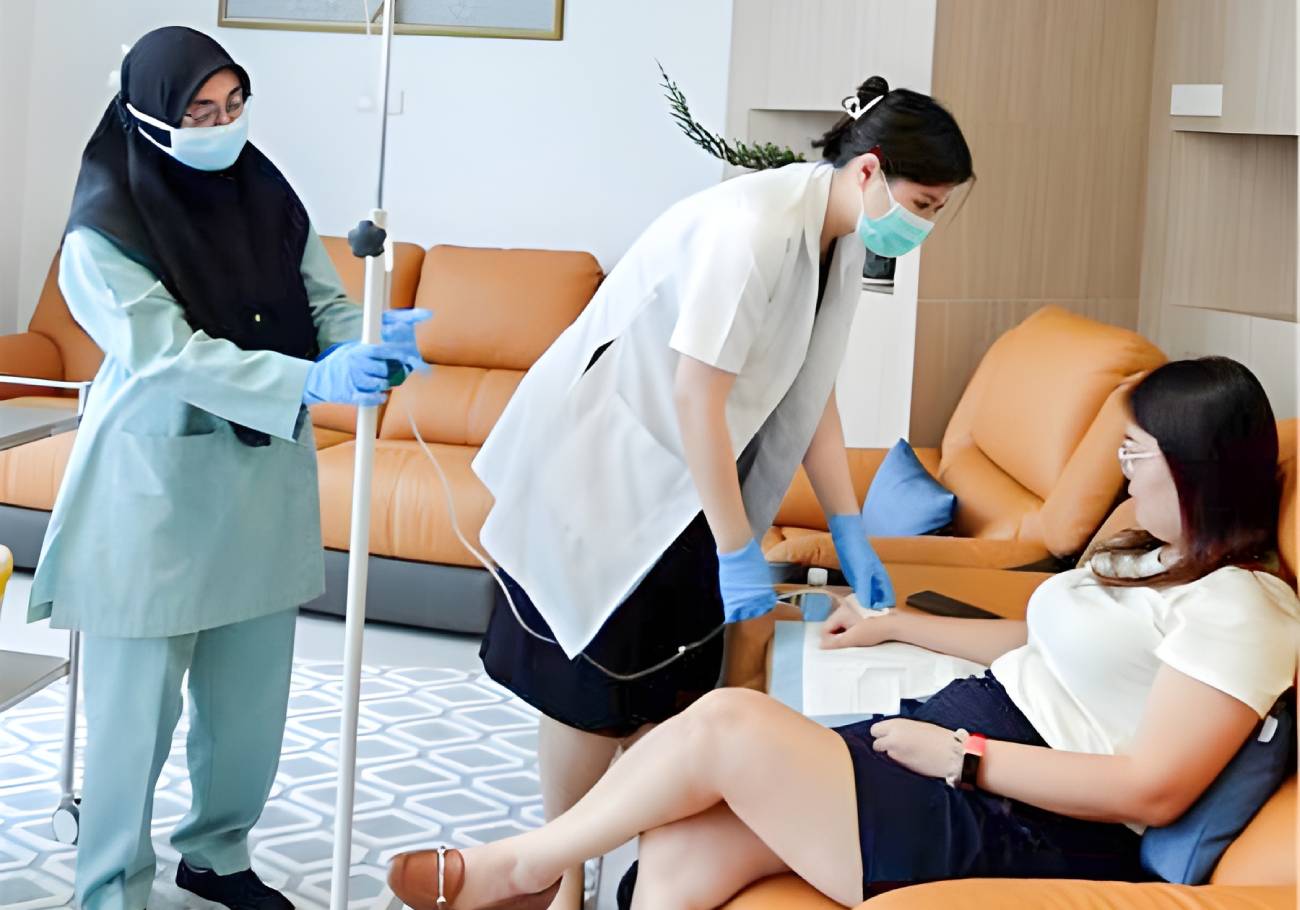
Stemcell First Group, a leader in regenerative medicine, has introduced a groundbreaking tool to combat cancer, a disease claiming millions of lives annually.
The Multiple Cancer Early Detection (MCED) screening promises to identify risks at the earliest stages, offering hope to those battling late diagnoses.
This innovation marks a pivotal shift towards proactive healthcare, targeting a critical issue: late-stage cancer detection often limits treatment success.
The initiative addresses a pressing need. Early detection not only boosts survival rates but also cuts treatment costs, easing the burden on patients and systems alike.
Stemcell First Group aims to make this technology widely accessible, empowering individuals to act before cancer advances.
Stemcell First Group pioneers early detection

The MCED screening stands out for its scope.
Unlike traditional tests focusing on single cancer types, it detects multiple variants—breast, lung, colorectal, pancreatic, prostate, stomach, liver, and uterine—before symptoms emerge.
Stemcell First Group targets those aged 45 and above, plus individuals with a family history, groups most vulnerable to the disease.
Allen Law, COO of Stemcell First Group, highlighted its impact.
“Early detection is our strongest weapon against cancer,” he said.
“MCED can spot risks two to five years ahead, enabling timely intervention before the disease spreads.”
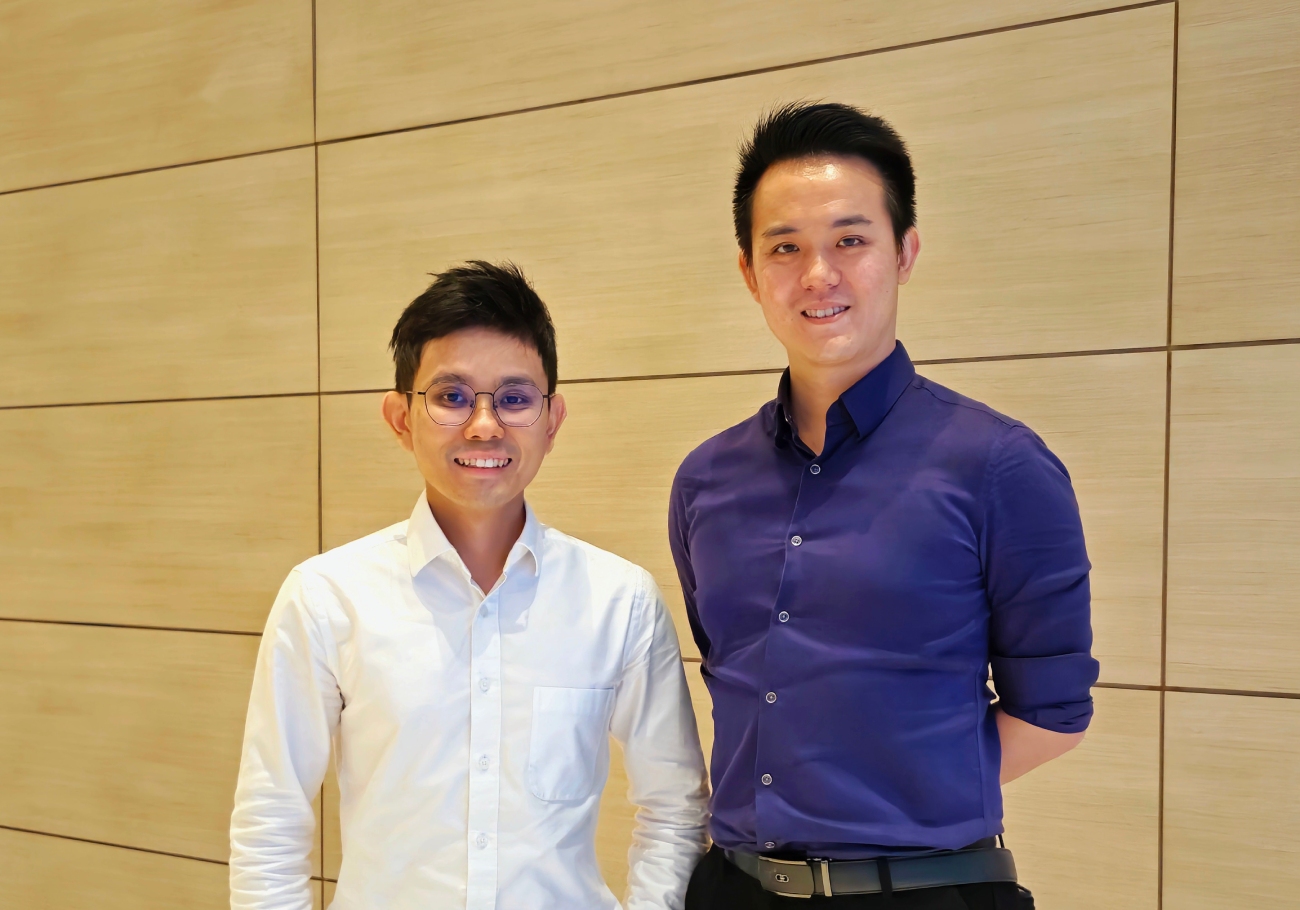
This window, he added, significantly enhances recovery odds.
The screening launches across key clinics: Masayo Clinic in Kuala Lumpur, SCF Clinic in Bangkok, and the forthcoming Vanfo Hino Ambulatory Care Centre in Johor Bahru.
Stemcell First Group plans further expansion, including Indonesia, to broaden access.
Dr Su Wei Xin, Group Consultant, highlighted its precision.
“Early detection enables targeted treatment,” she explained.
“Pre-cancerous tumours can often be removed surgically, avoiding extensive therapies.”
She stressed routine screening as a proactive health staple.
Tackling cancer’s global toll
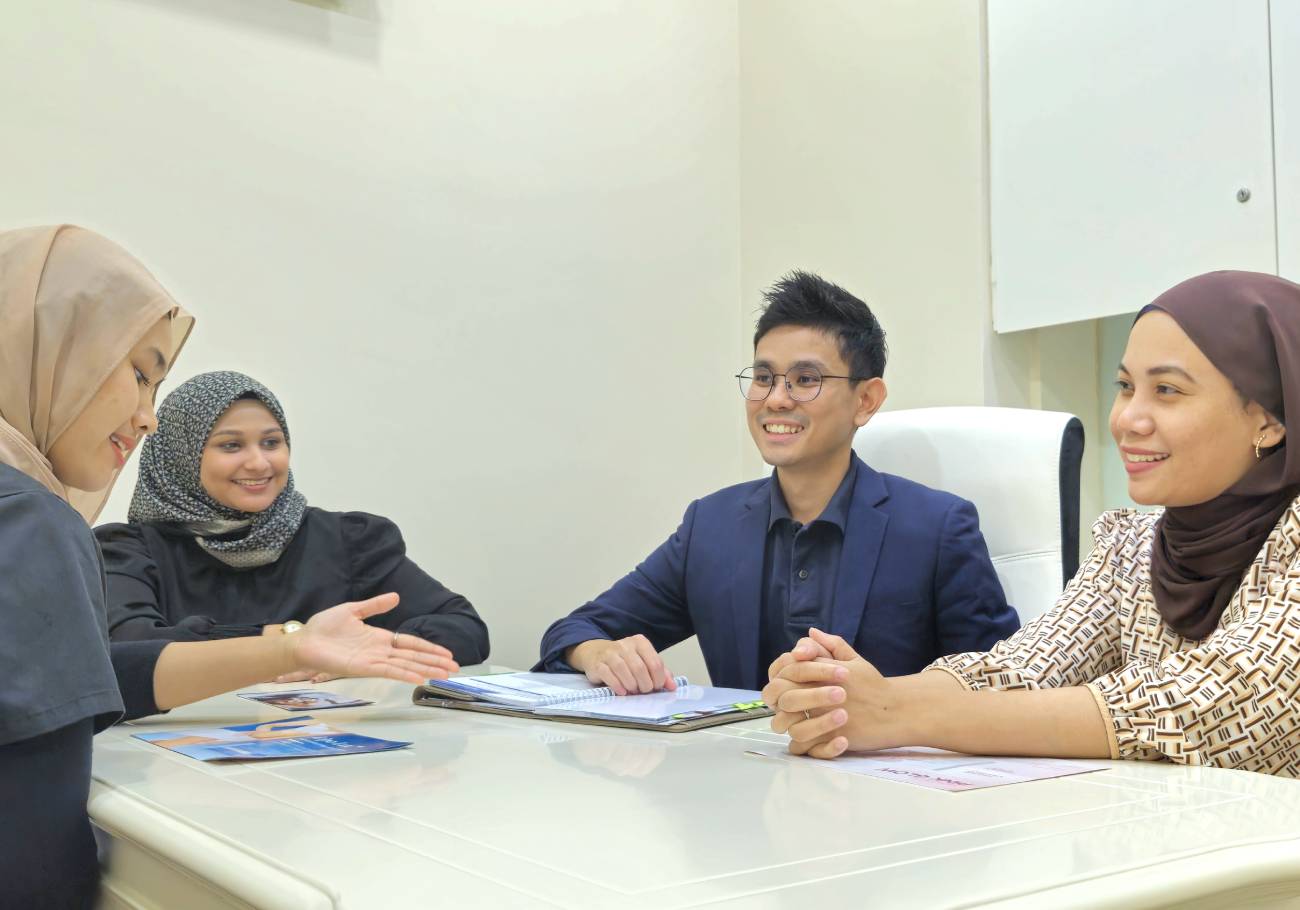
Cancer remains a global killer, with the World Health Organization reporting 10 million deaths in 2020.
Late diagnoses drive this toll, as advanced stages resist treatment.
Stemcell First Group’s MCED screening counters this by identifying risks at stage 0, when intervention is most effective.
Traditional screenings like mammograms or stool tests, while valuable, are limited in scope.
MCED, however, uses a simple blood test to screen for multiple cancers, appealing to those at risk due to genetics, lifestyle, or environment.
This broader approach could redefine early cancer detection strategies.
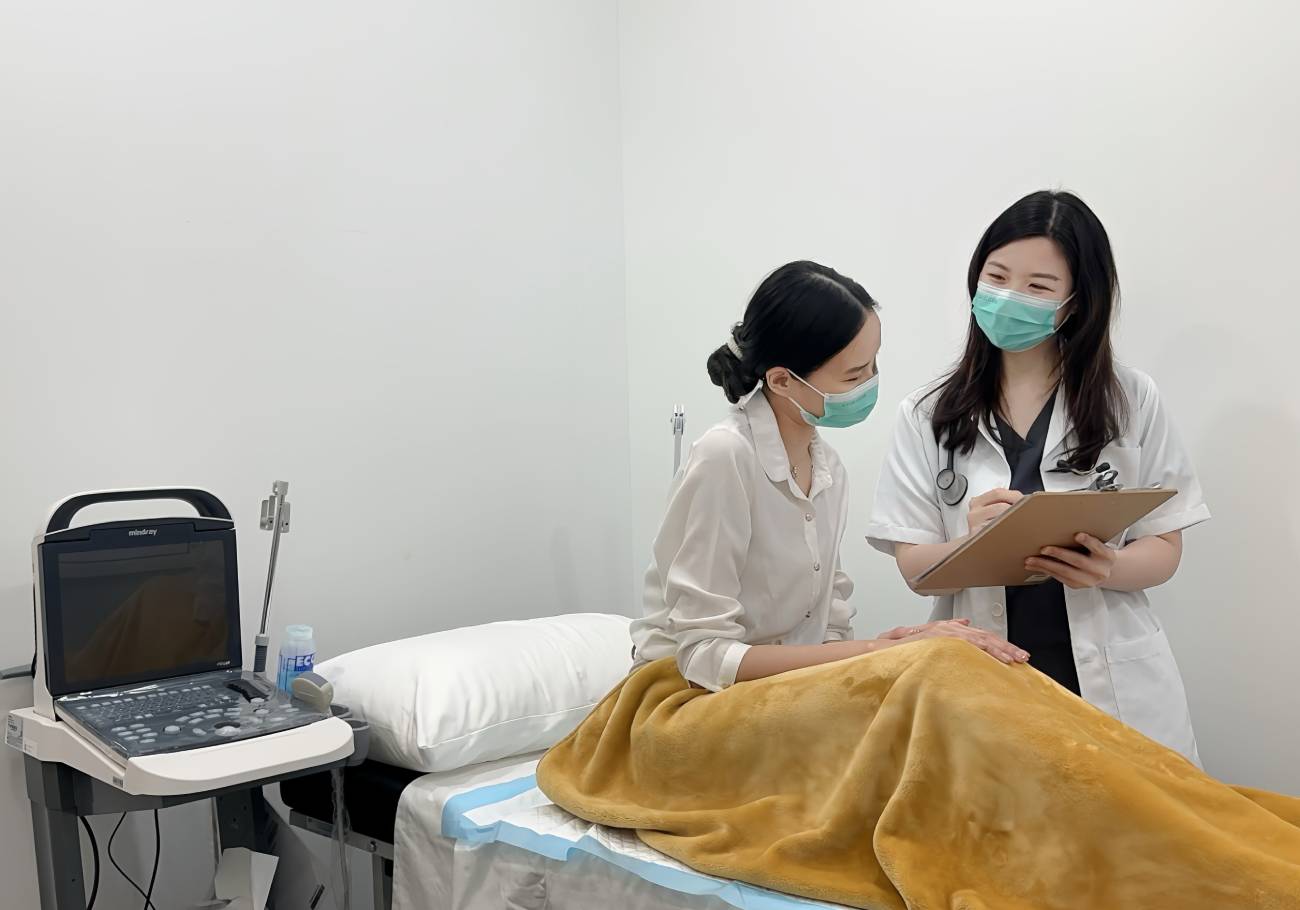
The group also advances treatment. Through cell and gene therapies, including CAR-T cell therapy, they target cancers like leukaemia and lymphoma.
The Vanfo Hino Centre, with its cutting-edge labs, will spearhead these efforts, blending innovation with patient care.
Accessibility drives their mission. A promotional price slashes MCED screening from RM4,888 to RM3,888, reflecting Stemcell First Group’s commitment to affordability.
Stemcell First Group envisions a healthcare revolution.
“Early detection is a necessity, not a luxury,” Law asserted.
“We’re expanding access and awareness to help families take charge of their health.”
By embedding MCED into routine care, they aim to ease the distress of late-stage cancer diagnoses.
This initiative, paired with advanced therapies, positions Stemcell First Group as a trailblazer in Southeast Asia’s fight against cancer.
With plans for satellite labs in Thailand and Indonesia, they’re building a network to deliver timely screenings and treatments.
For more details, visit stemcellfirst.com.my or call +607-2905 742.


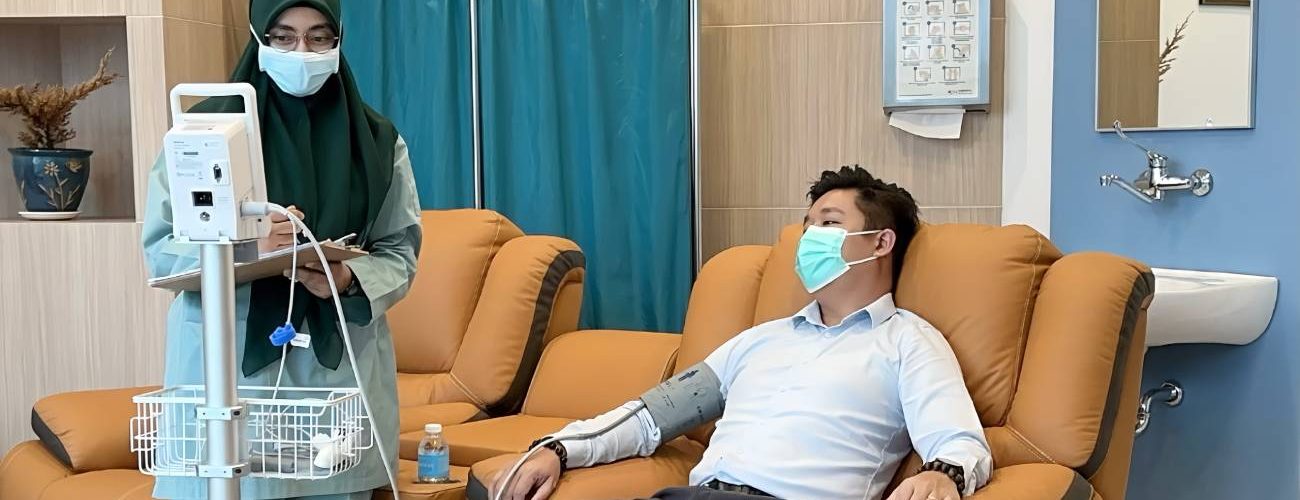









Add comment